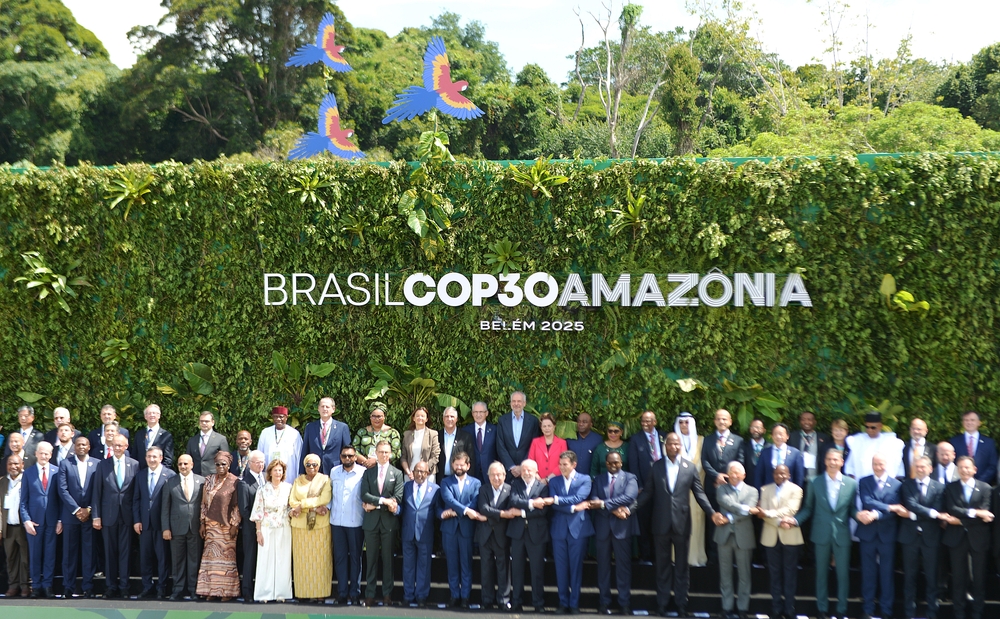Activists described climate impacts in their home countries and urged stronger youth participation in UN climate negotiations. Thousands of protesters returned to the gates of the COP30 climate conference in Belem, Brazil, staging a peaceful standoff that blocked access to the venue.
Brazilian youth organizations, Indigenous communities, and global climate advocates joined the march to push leaders toward urgent climate action. Members of the Fridays for Future movement called for formal inclusion of young people in decision-making processes at the UN talks.
Rachelle Junsay from Climate Action Philippines said youth inherit the consequences of today’s choices and expressed frustration that decision-makers operate in air-conditioned rooms while victims of climate crises remain unheard. She emphasized that survival of future generations depends on immediate and meaningful policy changes.
Protests Resume After Three-Year Pause
Protesters demonstrated outside UN climate talks for the first time since 2021. Organizers of COP30 promoted the conference as a space to empower Indigenous peoples and amplify diverse voices in climate policy.
Earlier in the week, protesters twice encircled the venue, temporarily disrupting proceedings. One incident on Tuesday left two security guards with minor injuries. Saturday’s march, however, intentionally stopped short of the venue, allowing a full day of scheduled negotiations to continue.
Many participants welcomed Belem’s more open demonstration environment, comparing it favorably to previous climate summits in Azerbaijan, the UAE, and Egypt. Youth leader Ana Heloisa Alves, 27, described the march as the largest she has joined. She said the massive turnout sent an undeniable message to policymakers.
Alves focused her activism on protecting the Tapajos River, which the Brazilian government intends to develop commercially. Her group carried signs declaring, “The river is for the people,” stressing the importance of local rights and environmental stewardship.
Calls for Broader Public Engagement and Accountability
Pablo Neri, coordinator in Pará for the Movimento dos Trabalhadores Rurais Sem Terra, urged organizers to include more voices to reflect a climate movement increasingly driven by popular participation. He highlighted the need to connect international policy with grassroots communities facing immediate environmental threats.
The climate talks are scheduled to continue through Friday, 21 November. Analysts and participants remain skeptical about major new agreements but hope for progress on past commitments, particularly funding to help poorer countries adapt to climate change.
The United States is not attending this year’s COP30 talks. President Donald Trump has repeatedly dismissed climate change as a hoax and withdrew the country from the 2015 Paris Agreement, which aimed to limit global temperature increases. This absence drew criticism from climate advocates who warned it undermines collective efforts to address global warming.
Protesters emphasized that climate action requires inclusion, transparency, and accountability. They called for policies that prioritize human and environmental well-being over political or economic convenience, stressing that youth and Indigenous voices must shape the decisions that determine the planet’s future.
The Belem demonstrations highlighted an emerging global trend: young people and local communities are no longer passive observers. They are actively holding leaders accountable, demanding systemic change, and shaping the international climate agenda through visible, organized action.


